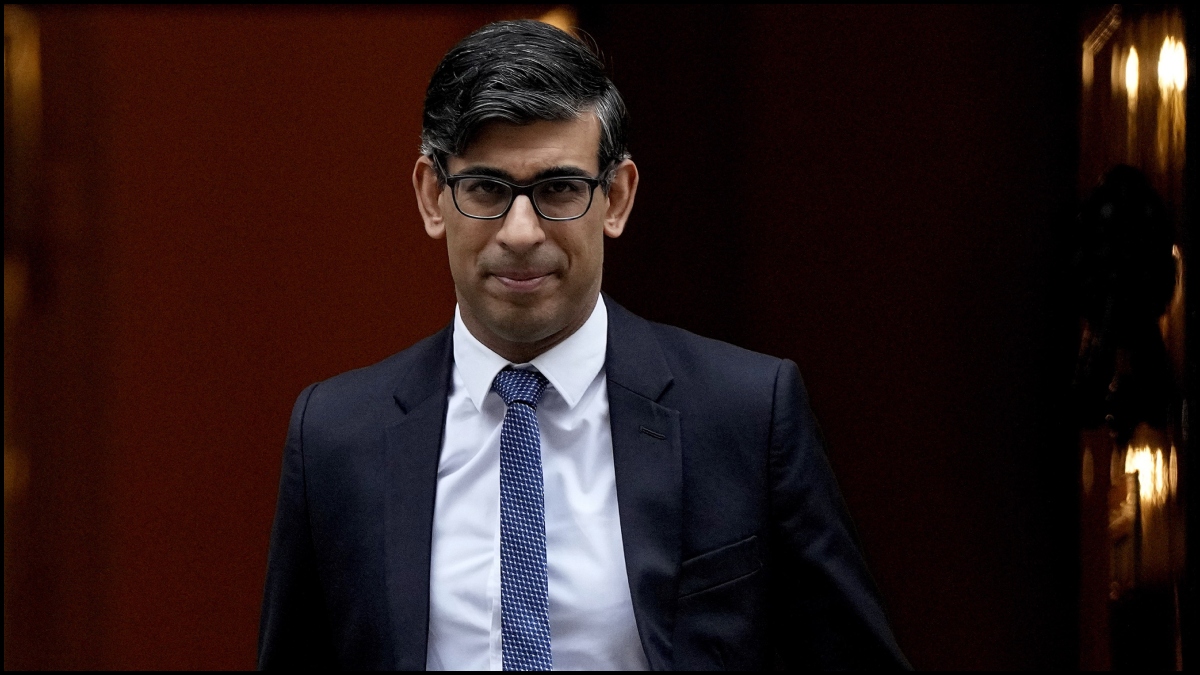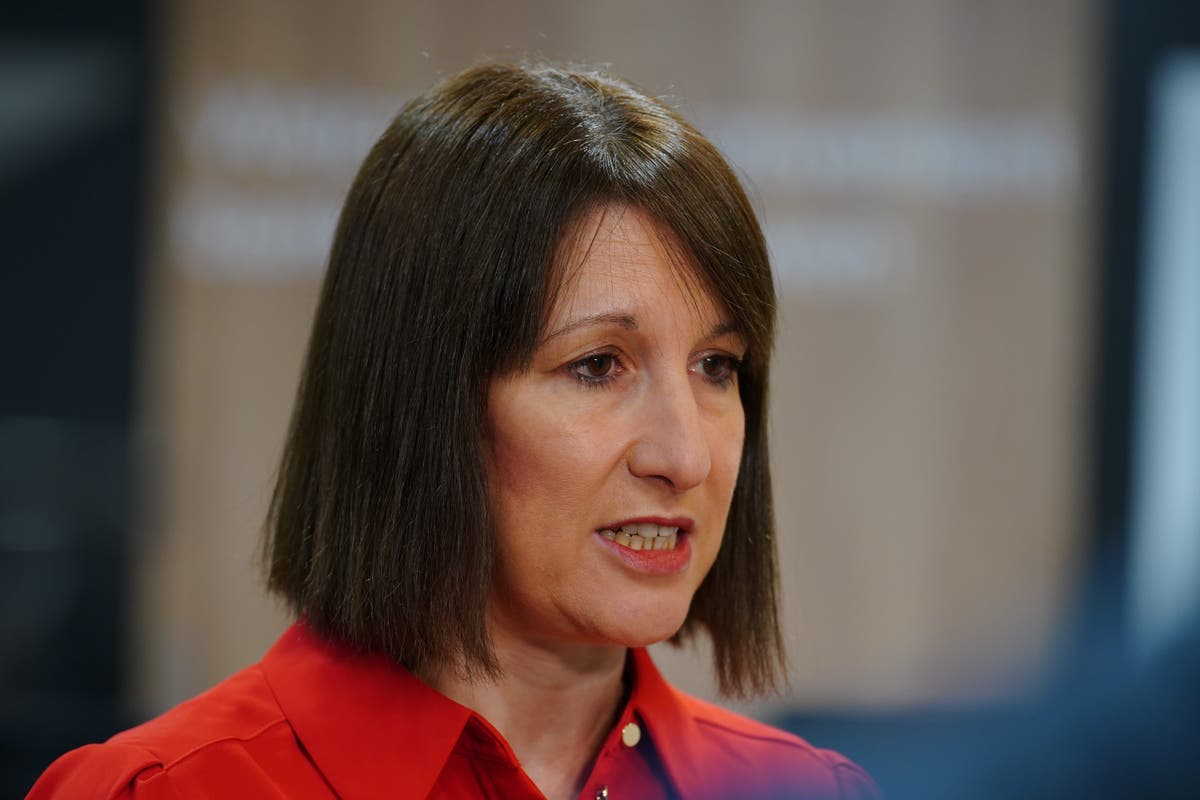London: The United Kingdom on Thursday announced a 55 per cent hike in the salary requirements of British citizens and residents, including those of Indian heritage, who wish to sponsor their relatives on a family visa. The increase in salary thresholds announced by the government will come into effect from Thursday as part of British Prime Minister Rishi Sunak’s plan to cut down on immigration levels.
Individuals are now required to have a minimum annual salary of GBP 29,000, up from GBP 18,600 for someone to be sponsored to come to the UK on a family visa. By early next year, this will have increased two more times to match the Skilled Worker visa salary threshold of GBP 38,700. The UK Home Office said it marks the final measure in Sunak and Home Secretary James Cleverly’s package to reduce legal migration so they don’t “burden the taxpayer”.
“We have reached a tipping point with mass migration. There is no simple solution or easy decision which cuts numbers to levels acceptable to the British people,” said Cleverly. “I promised action and we have delivered at remarkable speed. We’ve acted to cut unsustainable numbers, to protect British workers and their wages, to ensure those bringing family to the UK do not burden taxpayers, and to build an immigration system fit for the future – and one the public can rightly have confidence in”.
What does the package entail?
Instead of an immediate hike to GBP 38,700, the UK government opted for a staged process to raise salary requirements. The Home Office said the staged approach to increasing the income thresholds for the family visa gives predictability to families, enabling them to plan accordingly, whilst ensuring that anyone coming to the UK to be with their family or loved ones is supported financially.
“The income requirement, which had remained unchanged for more than a decade, helps to ensure families are self-sufficient and not relying on public funds, whilst making a positive impact on the economy. The sponsoring family member, or in combination with the applicant if they are in the UK with permission to work, must now have an income of at least GBP 29,000 earned in the UK. The requirement can be met in several ways, including through savings exclusively or in addition to a lower income,” the Home Office said.
The latest measure is part of a wider package unveiled last year, which the Home Office says will mean approximately 300,000 people arriving in the UK last year would no longer be able to. The UK has witnessed massive levels of migration that have reportedly “put pressure on public services, housing, and undercutting British workers”.
The Home Office noted that the government’s ambition for a high-skill and high-wage economy cannot rely on mass migration and put an emphasis on protecting British workers, encouraging investment from businesses and domestic recruitment.
Criticism from opposition
The move to reduce legal migration had been criticised by the Opposition when it was first tabled in the House of Commons in December last year. It led the government to opt for a more staged approach to the salary threshold hike, rather than an immediate hike to GBP 38,700, as previously indicated. Since the beginning of this year, several visa norms have been tightened as part of the package.
“I think the principle here is right, that if people are bringing dependents into this country as part of their family, they must be able to support them. We’re increasing the salary threshold significantly, and we’re going exactly as we said we were doing it – we’re just doing it in two stages,” Sunak said at the time.
The steps taken by the government to reduce migration included ending the ability of nearly all students to bring dependants to the UK; restricting care workers from bringing family members; increasing the minimum salary required for those arriving on the Skilled Worker visa, from GBP 26,200 to GBP 38,700; and replacing the Shortage Occupation List with a new Immigration Salary List, aimed at blocking employers from paying migrants less than UK workers in shortage occupations.
(with PTI inputs)











